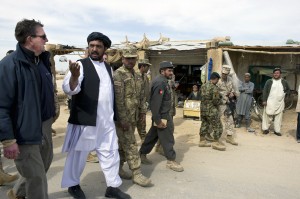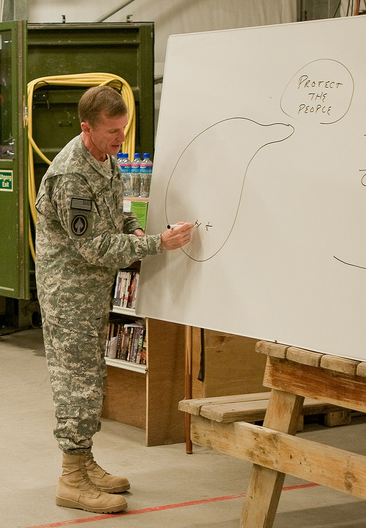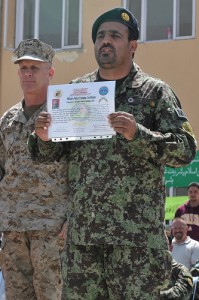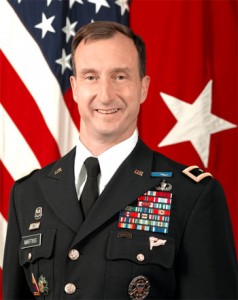There was an odd pair of stories in the WaPo last week. On Thursday, there was a story by two reporters on the CIA’s increased focus on killing its targets, whether by drone or paramilitary strike.
In the decade since the Sept. 11, 2001, attacks, the agency has undergone a fundamental transformation. Although the CIA continues to gather intelligence and furnish analysis on a vast array of subjects, its focus and resources are increasingly centered on the cold counterterrorism objective of finding targets to capture or kill.
Then, on Friday, there was an excerpt of the chapter from Dana Priest and Will Arkin’s book on JSOC. In addition to describing JSOC’s own lethality…
JSOC’s lethality was evident in its body counts: In 2008, in Afghanistan alone, JSOC commandos struck 550 targets and killed roughly a thousand people, officials said. In 2009, they executed 464 operations and killed 400 to 500 enemy forces. As Iraq descended into chaos in the summer of 2005, JSOC conducted 300 raids a month.
…. It also described how JSOC has been infiltrating DC’s bureaucracy.
Then he gave access to it to JSOC’s bureaucratic rivals: the CIA, NSA, FBI and others. He also began salting every national security agency in Washington with his top commandos. In all, he deployed 75 officers to Washington agencies and 100 more around the world. They rotated every four months so none would become disconnected from combat.
Some thought of the liaisons as spies for an organization that was already too important.
Both stories were good additions to earlier reports that have already laid this groundwork. But I found them notable for the way they were featured at the WaPo with nary a nod at each other. Sure, the CIA story noted that it has collaborated with JSOC. And the JSOC story talks about them feeding targeting information to CIA. Both stories claim their paramilitary force has the greater authority. Both at least mention Leon Panetta; the CIA one mentions David Petraeus; neither mentions Panetta and Petraeus swapping agencies.
But what we’re really talking about is an increasing focus on paramilitary approaches to security, using both JSOC and CIA, with the reporting agency seemingly chosen based on which offers the neatest legal cover.
The point, though, is to have super-lethal organizations unbound by the bureaucracy or law that puts limits to them.
And, as the CIA story admits, the civilian leadership–the President–matters less and less, at least in terms of receiving analysis (and presumably making decisions based on that analysis) or judging efficacy.
“We were originally set up with a more singular focus on policymakers,” said Moore, the head of the CIA’s analytic branch. But for a growing number of analysts, “it’s not just about writing for the president. It’s about gaining leads.”
[snip]
“When CIA does covert action, who does the president turn to to judge its effectiveness?” a former senior U.S. intelligence official. “To the CIA.”
Which brings us to this David Swanson piece, relating an exchange Susan Harman had with Berkeley’s Law School Dean, Chris Edley. When asked why the Obama Administration had not prosecuted torture or wiretapping, Edley revealed the Administration was worried about the CIA, NSA, and military “revolting.”
“Then Dean Chris Edley volunteered that he’d been party to very high level discussions during Obama’s transition about prosecuting the criminals. He said they decided against it. I asked why. Two reasons: 1) it was thought that the CIA, NSA, and military would revolt, and 2) it was thought the Repugnants would retaliate by blocking every piece of legislation they tried to move (which, of course, they’ve done anyhow).
“Afterwards I told him that CIA friends confirmed that Obama would have been in danger, but I added that he bent over backwards to protect the criminals, and gave as an example the DoJ’s defense (state secrets) of Jeppesen (the rendition arm of Boeing) a few days after his inauguration.
“He shrugged and said they will never be prosecuted, and that sometimes politics trumps rule of law.
Now I’ve long suspected that Obama backed off all rule of law for both the national security establishment and the banks out of fear he’d end up like John F. Kennedy. And Edley’s comments, at least, don’t suggest Obama was worried the “revolt” would involve physical threats to himself.
Nevertheless, these three developments together really ought to be a worry.
We’re expanding two lethal paramilitary forces–death squads–that (taken together, especially) evade normal oversight. It’s not clear whether the civilian leadership controls them–or vice versa.
Is it really a good idea to make them even more lethal?





